Spring Preview
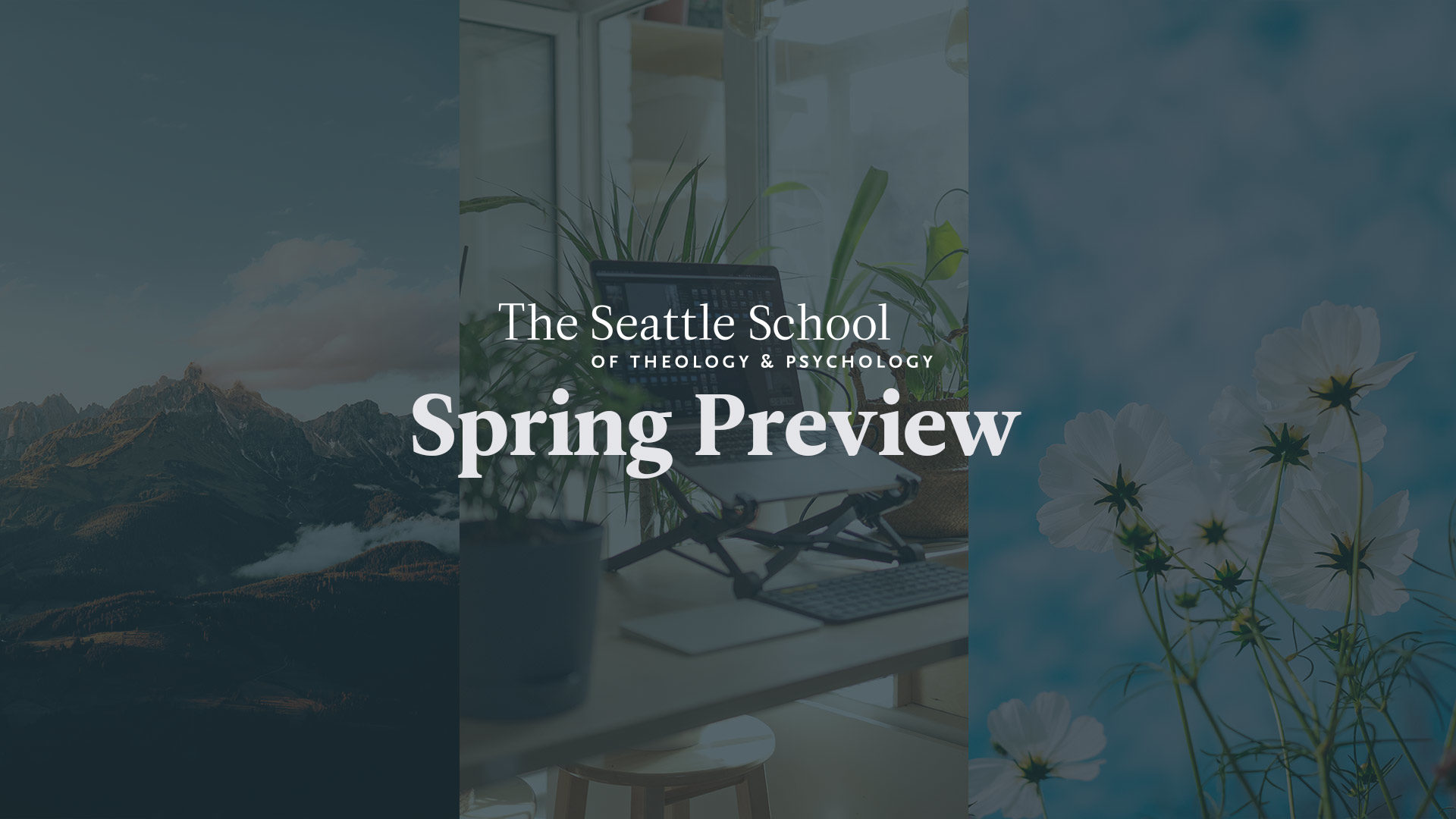
Faculty, staff, alumni, and current students come together to host Preview—a glimpse into life as a graduate student at The Seattle School—and we can’t wait to share it with you. Join us in energizing conversations about who we are and who you might become with us.
At Preview, you’ll engage in meaningful conversations with people from all realms of our community. Our Preview is designed for those who are interested in hearing more about our learning institution, whether you’re planning to apply for 2021 or are curious about what our graduate programs have to offer.
Schedule
9:00 – 9:15am PT – Welcome from the Admissions Team
9:15 – 9:20 am PT – Connecting Conversations with other attendees
9:20 – 10:00am PT – Faculty Lecture and Q&A with Dr. Chelle Stearns.
Drawn to the Water: Longing, Grief, and Flourishing
Dr. Stearns will address how human flourishing requires lament and processes of grief. Through images of water and the oceanic, she will address the role of the imagination and beauty to heal and restore our broken parts.
10:00 – 10:10 am PT – Connecting Conversations with other attendees
10:10 – 10:55am PT – Breakout Sessions with Alumni (see full list of breakout sessions below)
10:55 – 11:00am PT – Closing
11:00 – 11:30am PT – Optional: Learning about the Application Process with the Admissions Team or Information on Licensure for Counseling with our Supervisor of Accessibility and Vocational Programs, Daniel Tidwell-Davis
Alumni Breakout Sessions
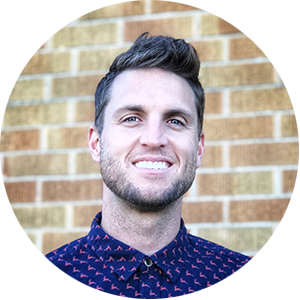
Lucas McGee, MATC ‘20
Reimagining Theological Hope Through a Trauma Study of Shame
Lucas McGee is a father of three living in Virginia Beach, VA. He works for a United Methodist Church and is building a business around narrative life coaching with an element of personal training. He is dedicated to illuminating stories that fuel and hinder our passions.
Lucas will share more about his research while in his graduate program. In Lucas’s Integrative Project, he explored the role of childhood trauma in theological formation with a particular focus on psychological shame. He sought to unpack how fragmented self-states permeated into theological hope.
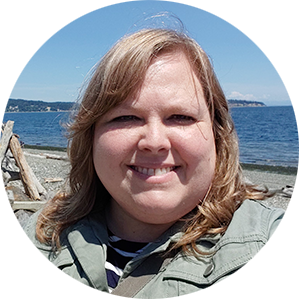
Hannah Seppanen, MATC ‘20 and MACP ‘19
Using Psychologies of Liberation and a Christian Ethic to Embrace our Humanity amidst Collective Narcissism
Hannah Seppanen graduated from The Seattle School with a Master’s in Counseling Psychology (2019) and a Master’s in Theology and Culture (2020). She is passionate about addressing trauma within individuals, communities, and systems, and seeks to find pathways to healing in places where there is and has been deep dehumanization. She currently lives in Seattle, WA where she is an Assistant Instructor and Listening Lab Facilitator at The Seattle School. Hannah also collaborates with others to be agents of change and healing through her local church community, United Church, where she invests in the development of leaders and periodically preaches and contributes to the blog.
Hear more from Hannah and her research where she integrated her learning from both MACP and MATC degrees. In her Integrative Project, Embracing Our Humanity: Human Flourishing in the Wake of Collective Narcissism in the United States of America, Hannah explored how members of the White dominant culture use the dissociative strategies of collective narcissism to cope with the painful and vulnerable realities of the hollow self created and perpetuated by whiteness, and to obscure how they have benefited from longstanding oppressive and dehumanizing practices. She drew from psychologies of liberation and Christian ethics generated from the margins of society to imagine a more inclusive, just, and psychologically integrated America where the oppressed, the bystander, and the oppressor might flourish in their full humanity.
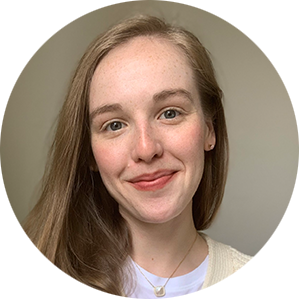
Emma Groppe, current MATC student
An Artist Exploration of Fragmentation and Mending
Emma Groppe is currently journeying through her third and final year at The Seattle School as a Theology and Culture student (MATC). As a creative writer and maker, she enjoys playing in the soil of narrative, using language and needle to bring texture to embodied story. She and her husband are transplants from the Lowcountry of South Carolina, and can often be found adventuring down one of the Pacific Northwest’s many trails.
Emma invites you to witness her creative journey through the Integrative Project component of TSS’s MATC curriculum. Within her own IP focused on fragmentation, she is engaged in embroidered quilt repair largely inspired by the aesthetics of mended Japanese ceramics. By attending to the fragments, to the open wounds on the body of a quilt through the artistic act of revealing, she asks after the relationship between fragmentation and healing, finding mending and making to be the same movement of the needle.
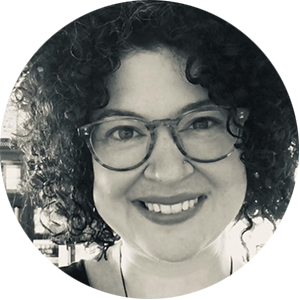
Brittany Deininger, MATC ‘17
Using Imagination as Source for Healing
Brittany Deininger is a poet and theologian who holds a BA in Creative Writing/ Poetry from The College of Idaho and an MA in Theology and Culture from The Seattle School of Theology and Psychology where she works as an Assistant Instructor. Her academic work and poetry pursue themes of memory, lament, spirituality, embodiment, trauma and healing that center in traditions of feminist and ecotheology. Her work has appeared in On Being, EcoTheo Review, The Allender Center, and other blogs.
Brittany will share more about her research in her MATC program. Through entering into conversation with poets, therapists, philosophers, and theologians she focuses on how poetry and the phenomenon of poiesis can blow open our models of healing. By attuning us to our capacities for imagination,, this model of healing has implications for our theological anthropology and our pneumatology. She’ll also share about the process of doing artistic and academic work at the graduate level for the theology, imagination, and the arts degree track.
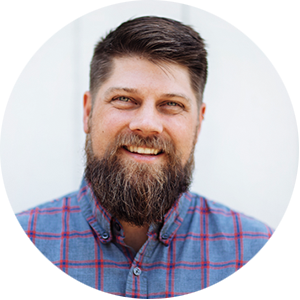
Jeremy Dew, MACP ‘10
A Relational Approach in Private Practice
Jeremy Dew is a licensed professional counselor, supervisor, as well as the clinical director at The Oakwood Collaborative & Oakwood Roots in College Station, Texas. He received his MACP from The Seattle School in 2010 and is also in the 2nd year cohort of RFPT at The Seattle School.
He will be leading a session on using a Relational Approach in Private Practice. Join this breakout session if you are interested to hear more about how private practice and the unique lens of a relational approach in clinical work.
